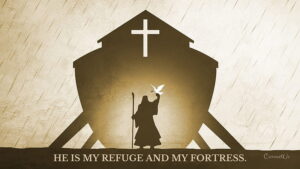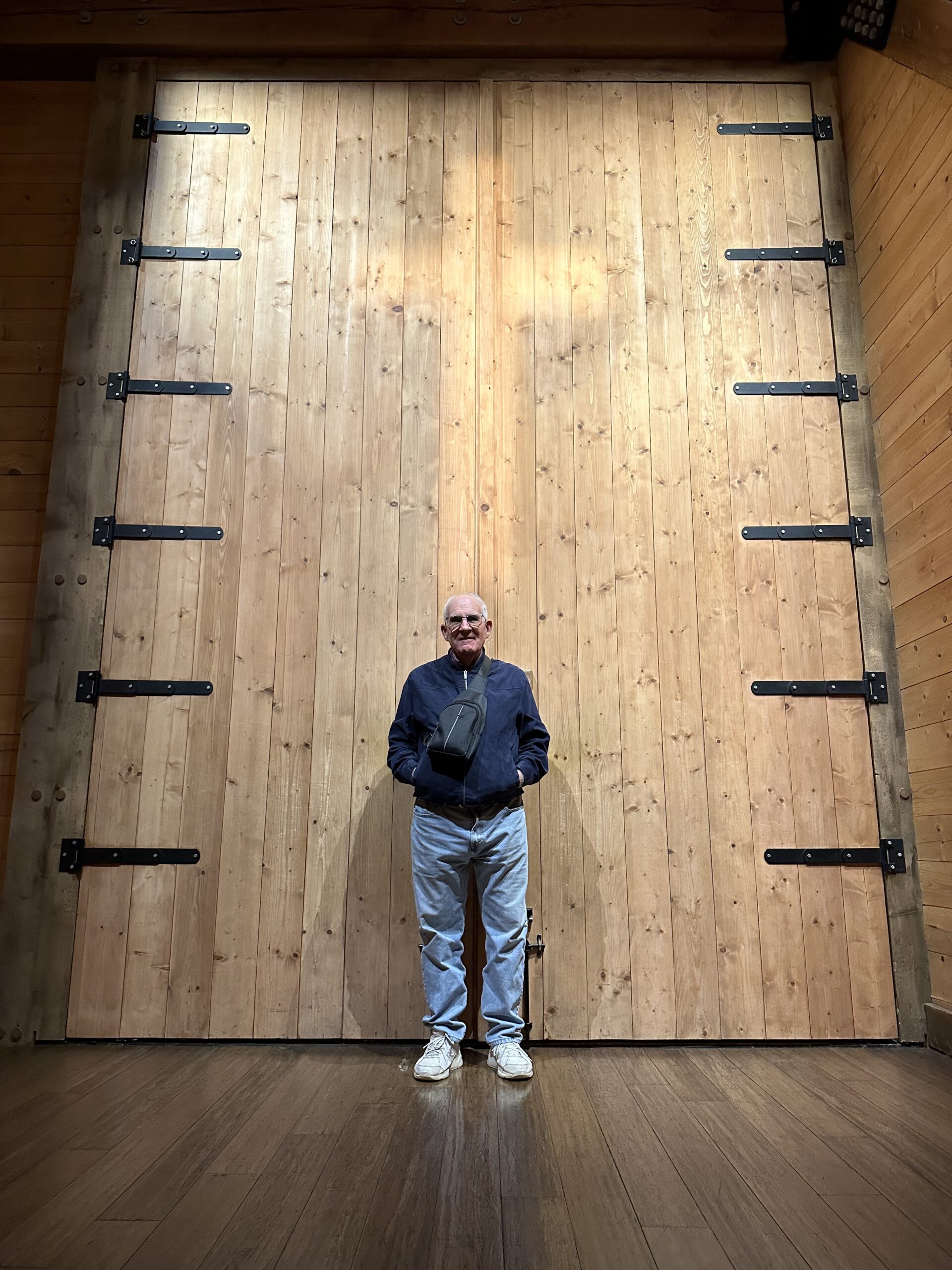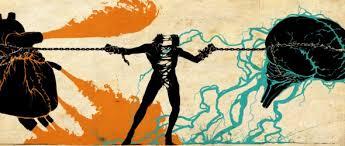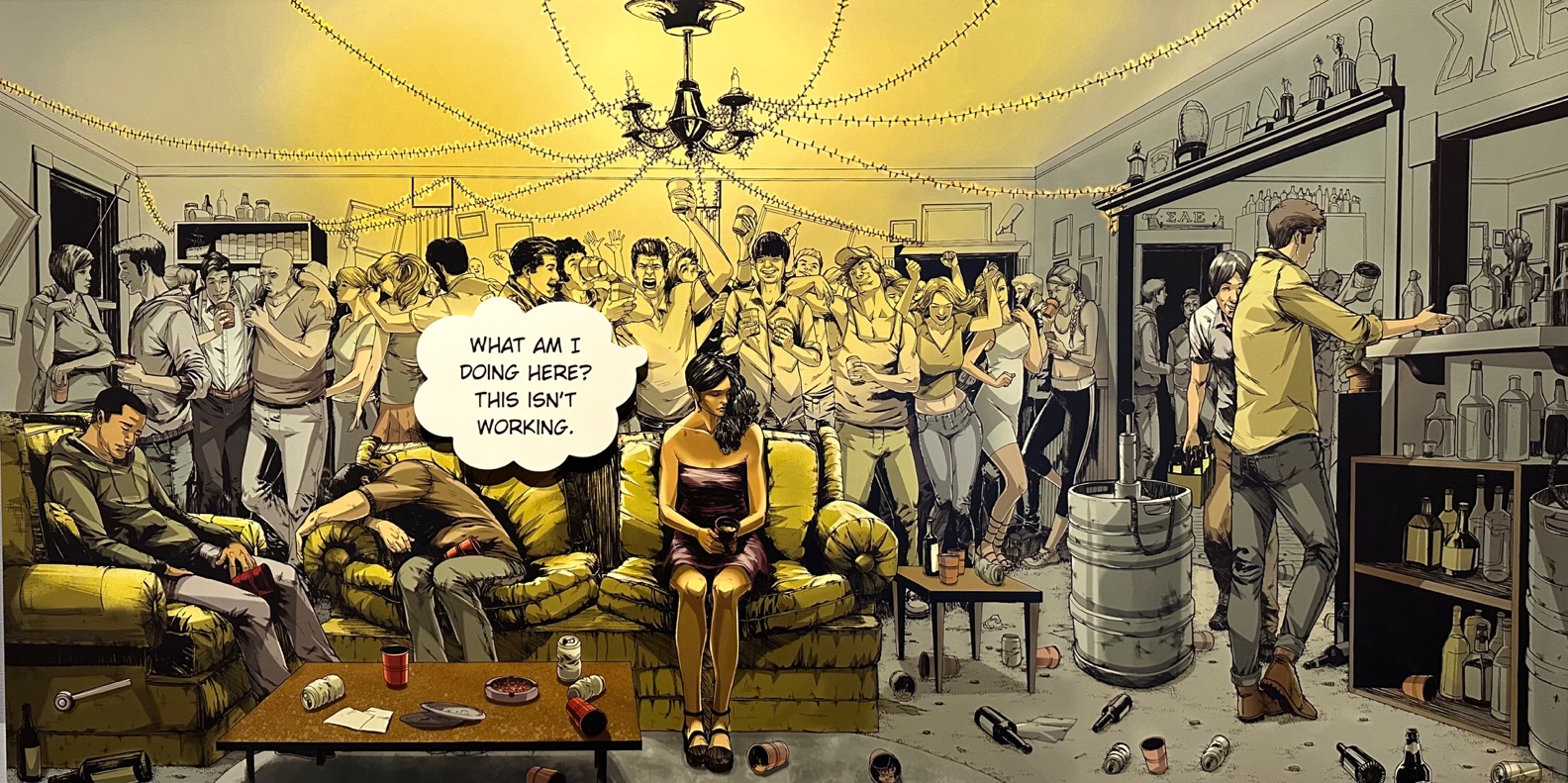Cz – The Divided Kingdom 1 Kings 12:1 to 16:34 and 2 Chronicles 10:1 to 17:1
The Divided Kingdom: The Rise of Idolatry
First Kings 12:1 to 16:34 and Second Chronicles 10:1 to 17:1
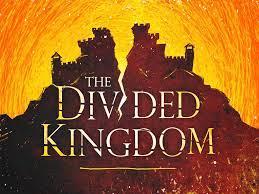
Solomon’s death left a gigantic hole in Isra’el’s leadership structure. David’s son, the man who gave Isra’el political cohesion, wealth, prestige, and religious unity, was dead. Who could possibly fill his place? The Bible has already introduced what would occur (see the commentary on the Life of David, to see link click Ct – The LORD’s Covenant with David). ADONAI would continue to honor the covenant with David, so Solomon’s son would have a two-tribe kingdom (First Kings 11:32-36). Because of Solomon’s idolatry, however, Jeroboam would rule the other ten tribes (First Kings 11:26-31). God had sent these infallible promises through Ahijah the prophet, so the prophecies must come true. What remains to be seen is how they will come to pass.
Sadly, Solomon’s son Rehoboam’s lack of political skill opened the door for the split (see Dc – A House Divided). Just as sadly, Jeroboam did not appreciate what Ha’Shem had done for him, for he would establish an alternative religion in his new kingdom (see Dd – Golden Calves at Dan and Bethel). Though the LORD sent prophets to warn Jeroboam to change his ways, he refused to do so (First Kings 13:1-10). As a result, YHVH condemned Jeroboam’s actions (see Dg – The Prophecy of Ahijah) and ended his dynasty after a few short generations (First Kings 15:29-30). Jeroboam’s deeds are particularly unacceptable to God because he was told that he came to power because of Solomon’s disobedience (First Kings 11:26-31). Indeed, Jeroboam’s sins are so far-reaching and repulsive that the author uses him as the example of how to define a morally deficient king (First Kings 16:7, 9 and 26).
After Jeroboam passes from the scene, several other rather nondescript kings come to power in Isra’el, and David’s dynasty continues to rule Judah. Judah’s kings, Asa (see Dk – Asa’s Reforms) and Jehoshaphat (see Dm – Jehoshaphat King of Judah), impresses the author in a positive way. None of the northern kings are righteous (see Dn – The Kings of Isra’el), yet one is significant. Omri builds a new capitol, makes an alliance with Tyre, and places his son, Ahab, on the throne (see Ds – Omri King of Isra’el). He thereby provides a stable dynasty for Isra’el. Ahab will become one of the major characters in the rest of First Kings.
Overall, these chapters present a picture of moral decline among God’s people. Certainly the nation’s division spells political decline. More importantly, Jeroboam’s decision to form a new religion tears the people apart from ADONAI, which meant that their political situation would get even worse. Prophets rebuked the kings but were ignored. A confrontation between God’s messengers and the monarchs loomed in the future.321
As the Chronicler entered the Divided Kingdom, he left behind the reigns of his ideal kings. Although the number of kings during this period accomplished some remarkably positive achievements, this material is much more balanced between positive and negative events. Instead of providing the post-exilic community with extended models of faithful living, the kings of the Divided Kingdom offered contrasting scenarios of obedience and disobedience which led to divine blessing and judgment.
In addition, at this point it is important to point out that the greatest difference between Kings and Chronicles in this section is that Chronicles omits all the materials dealing exclusively with northern Isra’el. Events in the North appear only as they touched on the life of Judah. As a result, this material nearly exclusively focuses on conditions within Judah during the Divided Kingdom. This orientation reflected the Chronicler’s keen interest in Jerusalem and Judah as the center of the post-exilic restoration. From his point of view, his readers needed to concentrate their attention on events in the South so that they could learn how to further the restoration of the Kingdom in their day.322










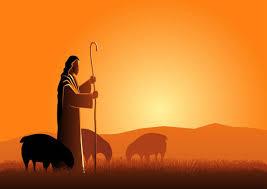




 மேலும் ஜான் கூறினார்: இதோ, உலகத்தின் பாவத்தைப் போக்குகிற தேவ ஆட்டுக்குட்டி (யோவான் 1:29)! இது விபத்து அல்ல. அங்கு, மூழ்குபவர் முன், TaNaKh இல் உள்ள அனைத்து தீர்க்கதரிசனங்களும் முன்னறிவித்த தேர்ந்தெடுக்கப்பட்ட ஒருவரை நிறுத்தினார். யோசனன் யேசுவாவை கோயில் சடங்குகள் மற்றும் குறிப்பாக பாவ பலிகளுடன் (
மேலும் ஜான் கூறினார்: இதோ, உலகத்தின் பாவத்தைப் போக்குகிற தேவ ஆட்டுக்குட்டி (யோவான் 1:29)! இது விபத்து அல்ல. அங்கு, மூழ்குபவர் முன், TaNaKh இல் உள்ள அனைத்து தீர்க்கதரிசனங்களும் முன்னறிவித்த தேர்ந்தெடுக்கப்பட்ட ஒருவரை நிறுத்தினார். யோசனன் யேசுவாவை கோயில் சடங்குகள் மற்றும் குறிப்பாக பாவ பலிகளுடன் (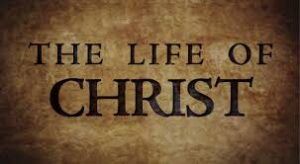 அன்பான பரலோகத் தகப்பனே, வாழ்க்கையின் சோதனைகளிலிருந்து எங்கள் நித்திய பரம்பரை மற்றும் உங்கள் எல்லா குழந்தைகளுக்கும் உங்களுக்கு கிடைத்த ஆசீர்வாதத்தை எதிர்நோக்குவது எவ்வளவு மகிழ்ச்சி.
அன்பான பரலோகத் தகப்பனே, வாழ்க்கையின் சோதனைகளிலிருந்து எங்கள் நித்திய பரம்பரை மற்றும் உங்கள் எல்லா குழந்தைகளுக்கும் உங்களுக்கு கிடைத்த ஆசீர்வாதத்தை எதிர்நோக்குவது எவ்வளவு மகிழ்ச்சி.  அடிக்கடி, மெசியானிக் பாசாங்கு செய்பவர்கள் எழுந்து கிளர்ச்சிகளை ஏற்படுத்தினார்கள். யேசுவாவின் நாள் ஒரு அற்புதமான நேரம். எனவே ஜான் தன்னை அவர் மேஷியாக் என்று கூறுகிறாரா என்று கேட்பது மிகவும் இயல்பானது. ஆனால், அவர் கோரிக்கையை முற்றிலுமாக நிராகரித்தார். யோசினன், “அவன் சொன்னான்” என்று எளிமையாக எழுதியிருக்கலாம். அதற்கு பதிலாக, ஈர்க்கப்பட்ட ஆசிரியர் பதிவு செய்கிறார், அவர் ஒப்புக்கொள்ளத் தவறவில்லை, ஆனால் “நான் மெசியா அல்ல” (யோவான் 1:20) என்று சுதந்திரமாக ஒப்புக்கொண்டார். நான் என்ற அழுத்தமான பிரதிபெயரைப் பயன்படுத்தியதன் மூலம் அவருடைய பதில் வலுப்பெற்றது. “நான், நான் மெசியா அல்ல, ஆனால், நீங்கள் அறிந்திருந்தால், மேசியா இங்கே இருக்கிறார்” என்று யோசனன் சொல்வது போல் உள்ளது.”289 ஒரு கிறிஸ்து இருந்தார், ஆனால் அது நிச்சயமாக யோசினன் இல்லை.
அடிக்கடி, மெசியானிக் பாசாங்கு செய்பவர்கள் எழுந்து கிளர்ச்சிகளை ஏற்படுத்தினார்கள். யேசுவாவின் நாள் ஒரு அற்புதமான நேரம். எனவே ஜான் தன்னை அவர் மேஷியாக் என்று கூறுகிறாரா என்று கேட்பது மிகவும் இயல்பானது. ஆனால், அவர் கோரிக்கையை முற்றிலுமாக நிராகரித்தார். யோசினன், “அவன் சொன்னான்” என்று எளிமையாக எழுதியிருக்கலாம். அதற்கு பதிலாக, ஈர்க்கப்பட்ட ஆசிரியர் பதிவு செய்கிறார், அவர் ஒப்புக்கொள்ளத் தவறவில்லை, ஆனால் “நான் மெசியா அல்ல” (யோவான் 1:20) என்று சுதந்திரமாக ஒப்புக்கொண்டார். நான் என்ற அழுத்தமான பிரதிபெயரைப் பயன்படுத்தியதன் மூலம் அவருடைய பதில் வலுப்பெற்றது. “நான், நான் மெசியா அல்ல, ஆனால், நீங்கள் அறிந்திருந்தால், மேசியா இங்கே இருக்கிறார்” என்று யோசனன் சொல்வது போல் உள்ளது.”289 ஒரு கிறிஸ்து இருந்தார், ஆனால் அது நிச்சயமாக யோசினன் இல்லை.